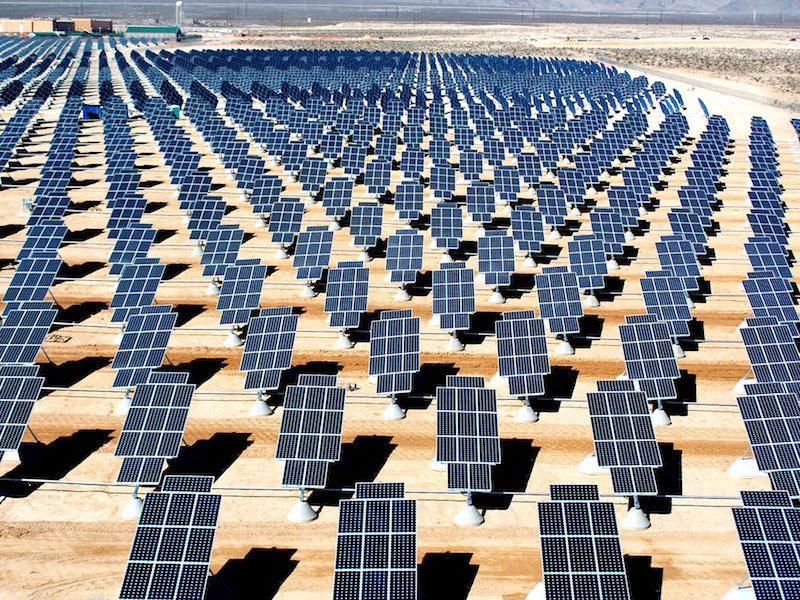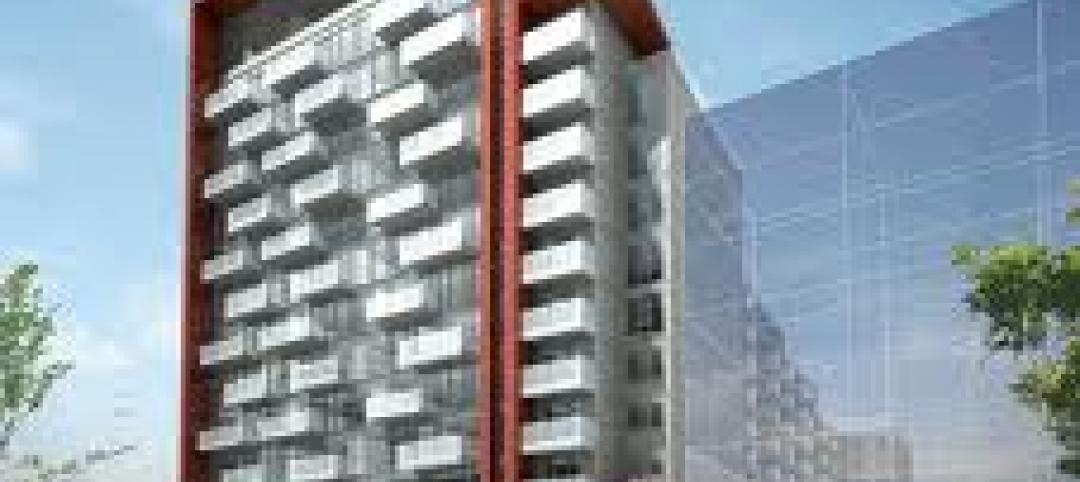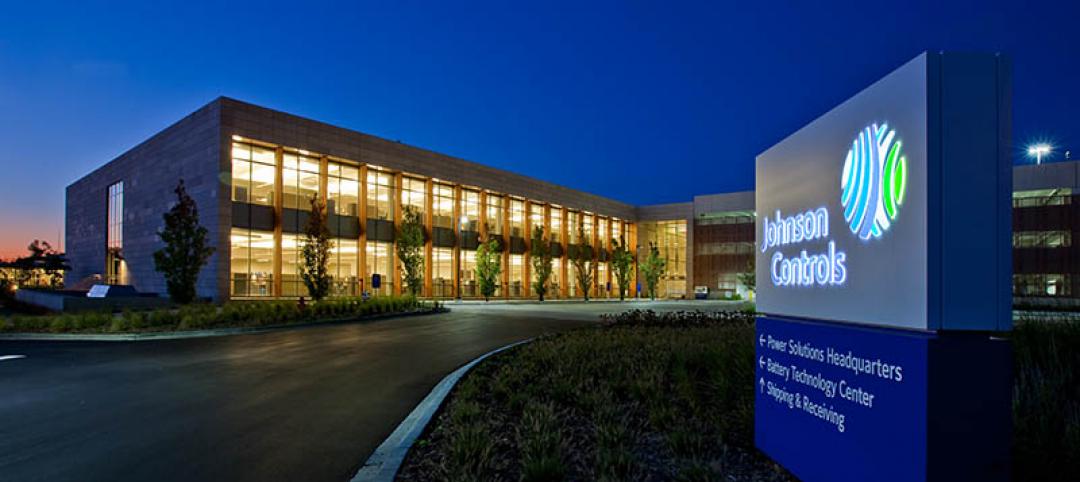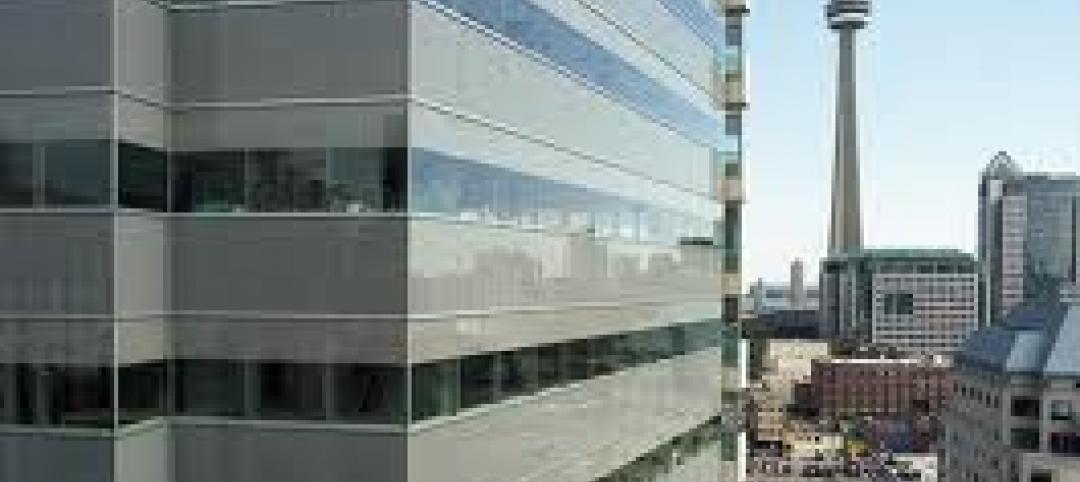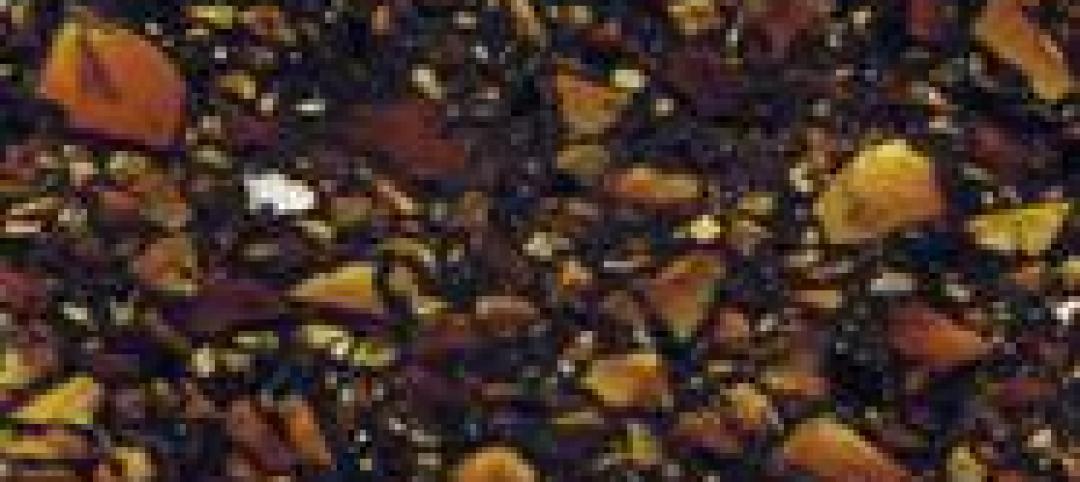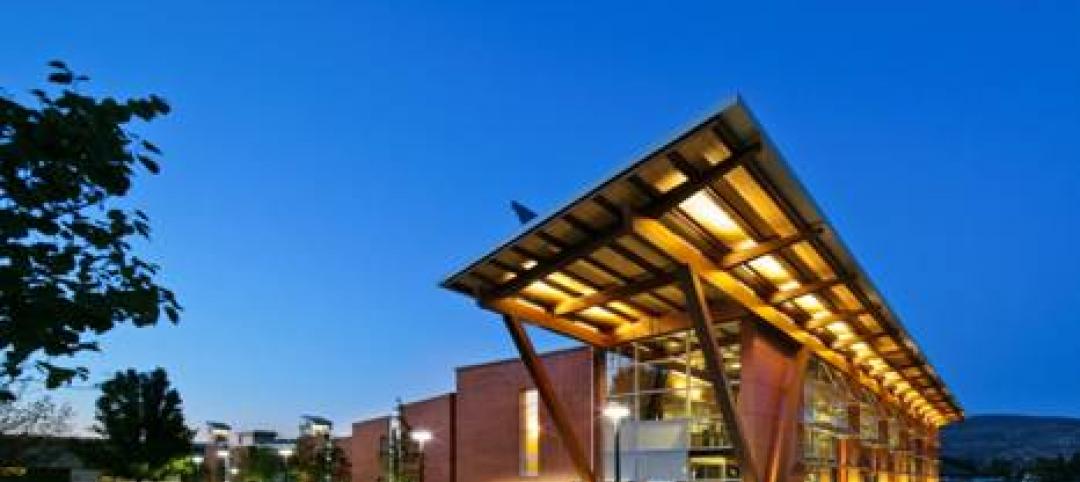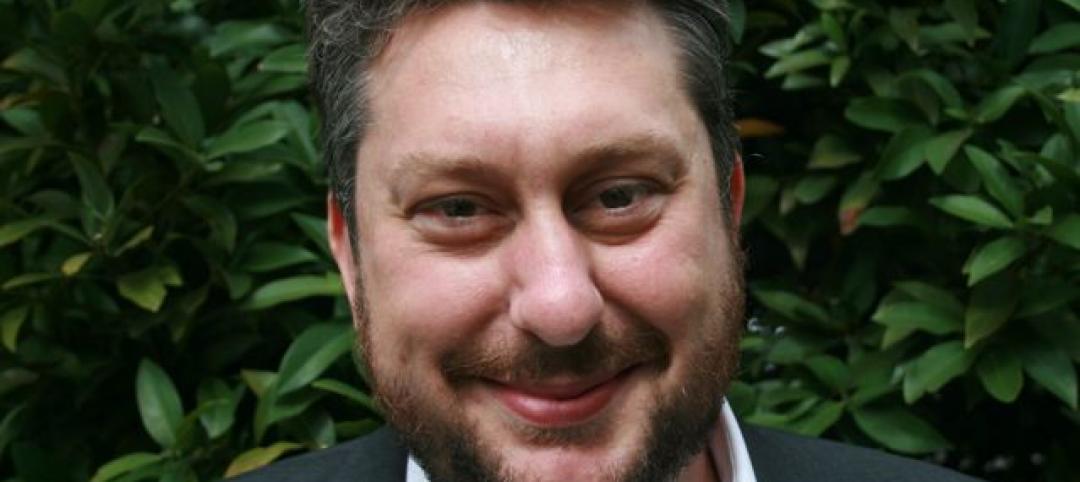Carbon dioxide has become far too prevalent in our atmosphere and is a large component of greenhouse gases that many believe are responsible for climate change. But what if this excess carbon dioxide could be harvested from the atmosphere, repurposed, and used to make a clean, renewable energy source that already exists more efficient?
It sounds like a plan Doc Brown would have concocted and then hurriedly told Marty McFly about as a group of angry terrorists bared down on them, but this isn’t the stuff of science fiction like a flux capacitor, this is very much based in reality.
GE believes it has found a way to harvest CO2 and use it to create solar batteries, Digitaltrends.com reports. Solar energy is a great source of renewable energy, but there is a problem: the sun needs to be shining in order to harness its power. Currently, there isn’t a very efficient means of storing energy produced from solar power to keep it available to the grid whenever it is needed, even if the sun isn’t currently shining, but that could all change.
Here is how the two-stage process works: solar energy would be captured and stored in a liquid of molten salt. Harvested and stored CO2 would then be cooled into dry ice and, when power is needed, the salt would turn the dry ice CO2 into a “supercritical” fluid (which is defined as matter that does not have specific liquid or gas phases). This supercritical fluid would then flow into a CO2 turbine called a sunrotor and the energy would be disseminated as needed.
If it seems complicated, well, that’s probably because it is. But don’t worry, just because something being complicated often times means it is inefficient and/or expensive, that isn’t the case here.
Not only would the process be cheap since energy isn’t being made, just transferred, the sunrotors would also be able to operate with 68% efficiency. Gas power plants are typically only able to achieve 61% efficiency.
However, this process and the sunrotors are still a good five to 10 years away from actually being put into use, but the fact that the technology exists to not only suck some CO2 out of the atmosphere but to also use it to make renewable, clean energy sources more efficient and practical makes this a classic two birds with one stone scenario.
The overall effect of these sunrotors and this CO2 harvesting/storing process is reduced usage of fossil fuels for power generation, which would only work to eliminate even more CO2 from the atmosphere.
Related Stories
| Oct 6, 2011
GREENBUILD 2011: NEXT Living EcoSuite showcased
Tridel teams up with Cisco and Control4 to unveil the future of green condo living in Canada.
| Oct 5, 2011
GREENBUILD 2011: Johnson Controls announces Panoptix, a new approach to building efficiency
Panoptix combines latest technology, new business model and industry-leading expertise to make building efficiency easier and more accessible to a broader market.
| Oct 5, 2011
GREENBUILD 2011: Sustainable construction should stress durability as well as energy efficiency
There is now a call for making enhanced resilience of a building’s structure to natural and man-made disasters the first consideration of a green building.
| Oct 5, 2011
GREENBUILD 2011: Solar PV canopy system expanded for architectural market
Turnkey systems create an aesthetic architectural power plant.
| Oct 5, 2011
GREENBUILD 2011: Brick offers growing options for sustainable building design
Brick exteriors, interiors and landscaping options can increase sustainability that also helps earn LEED certification.
| Oct 4, 2011
GREENBUILD 2011: Two new recycled glass products announced
The two collections offer both larger and smaller particulates.
| Oct 4, 2011
GREENBUILD 2011: Wall protection line now eligible to contribute to LEED Pilot Credit 43
The Cradle-to-Cradle Certified Wall Protection Line offers an additional option for customers to achieve LEED project certification.
| Sep 23, 2011
Okanagan College sets sights on Living Buildings Challenge
The Living Building Challenge requires projects to meet a stringent list of qualifications, including net-zero energy and water consumption, and address critical environmental, social and economic factors.
| Sep 19, 2011
Portland team hired as LEED and commissioning consultants for $5.5B downtown sustainable project in Qatar
The $5.5 billion sustainable downtown regeneration project underway by Msheireb Properties will transform a 76 acres site at the centre of Doha, Qatar’s capital city, recreating a way of living that is rooted in Qatari culture, attracting residents back to the city center and reversing the trend for decentralization.
| Sep 14, 2011
USGBC L.A. Chapter's Green Gala features Jason McLennan as keynote speaker
The Los Angeles Chapter of the nonprofit USGBC will launch its Sustainable Innovation Awards this year during the chapter's 7th Annual Green Gala on Thursday, November 3.


